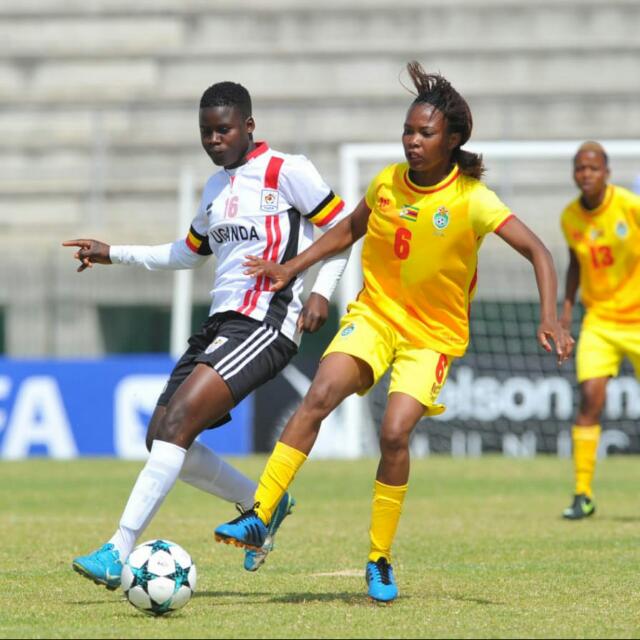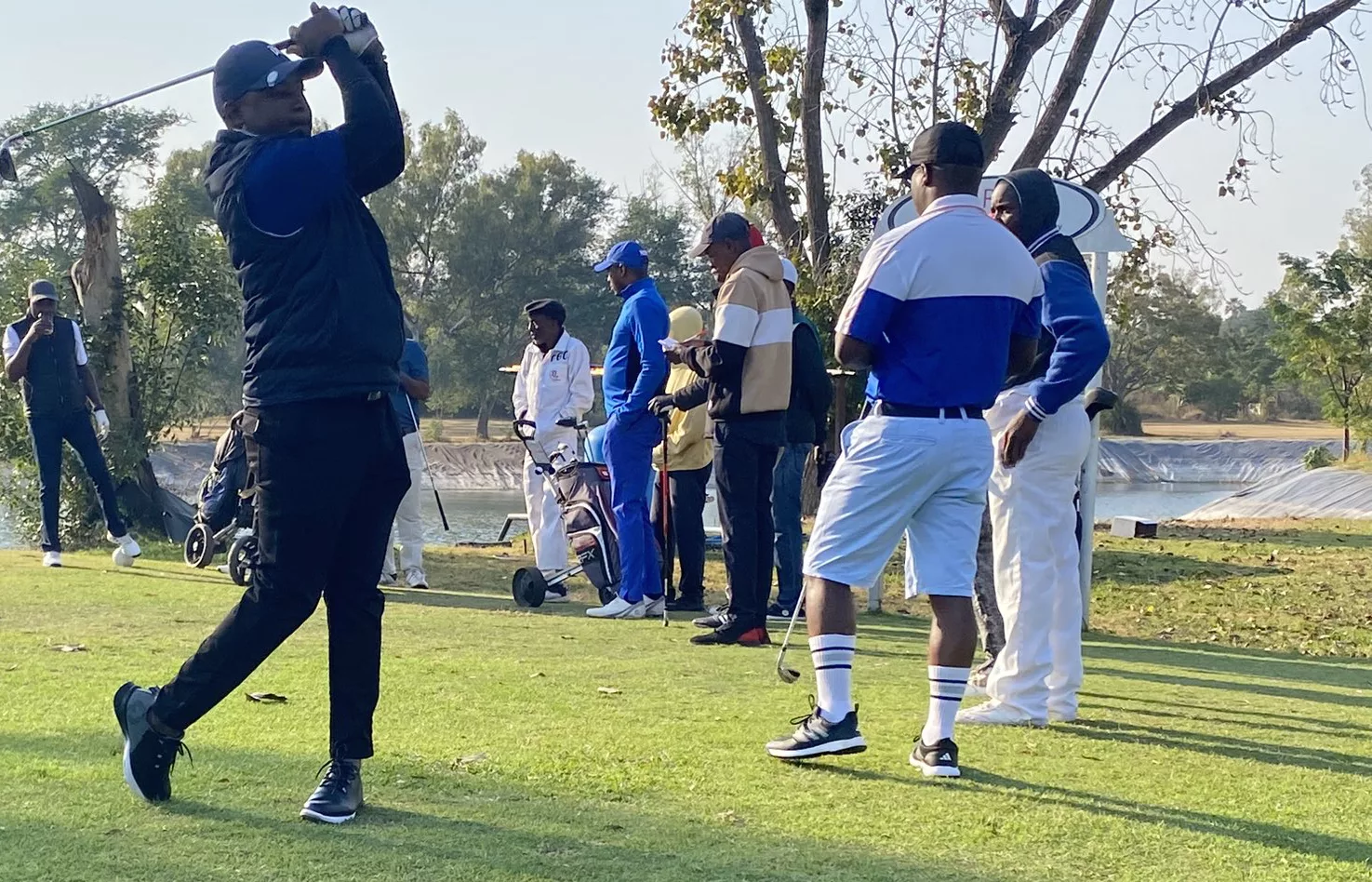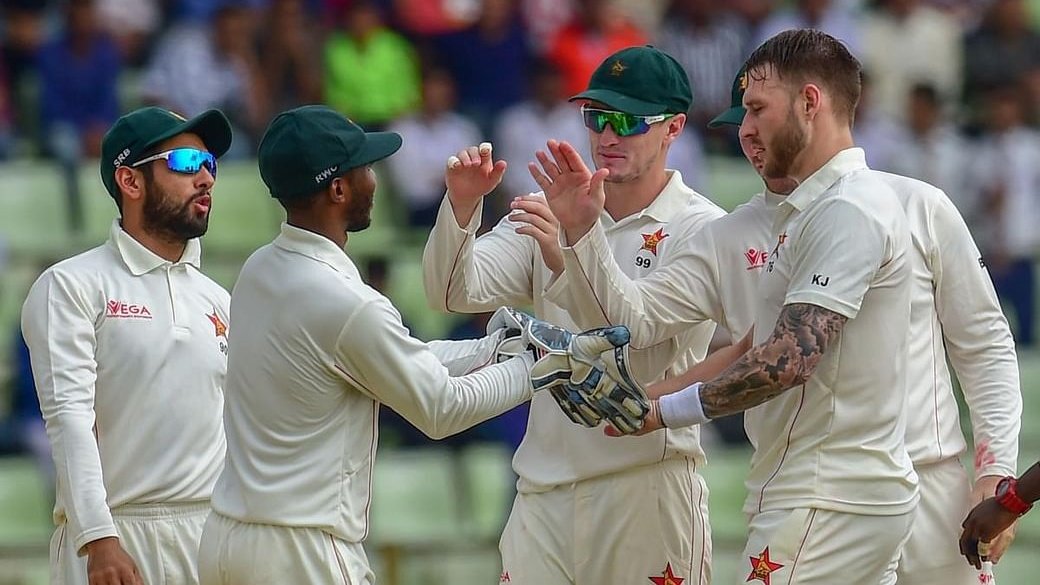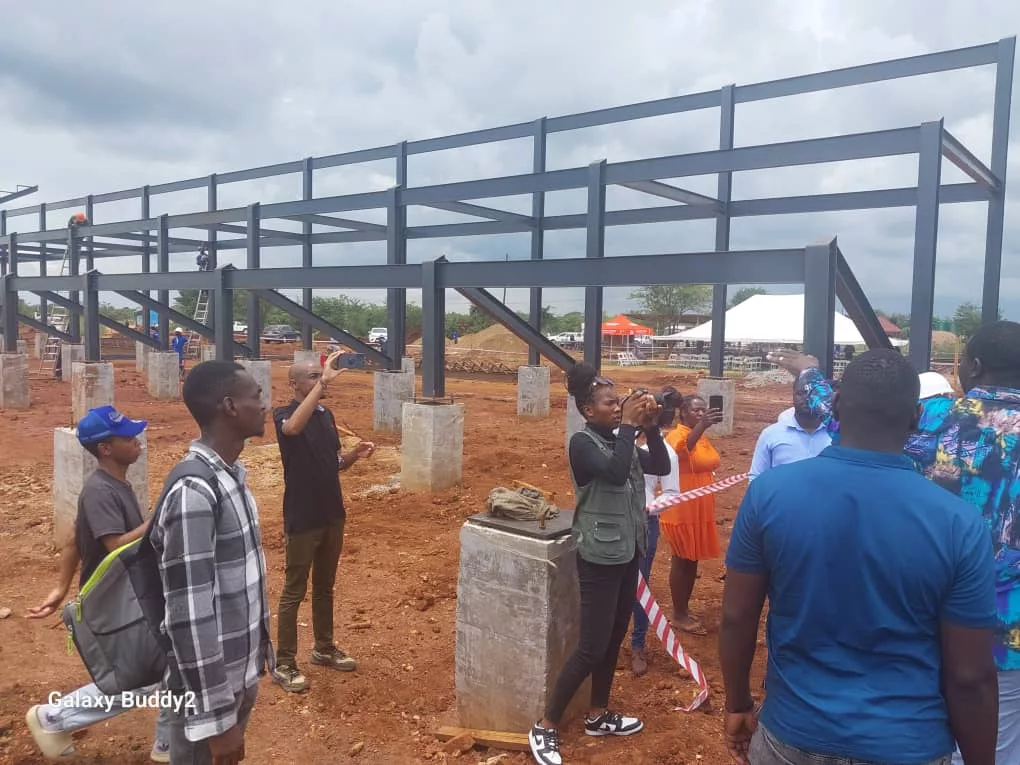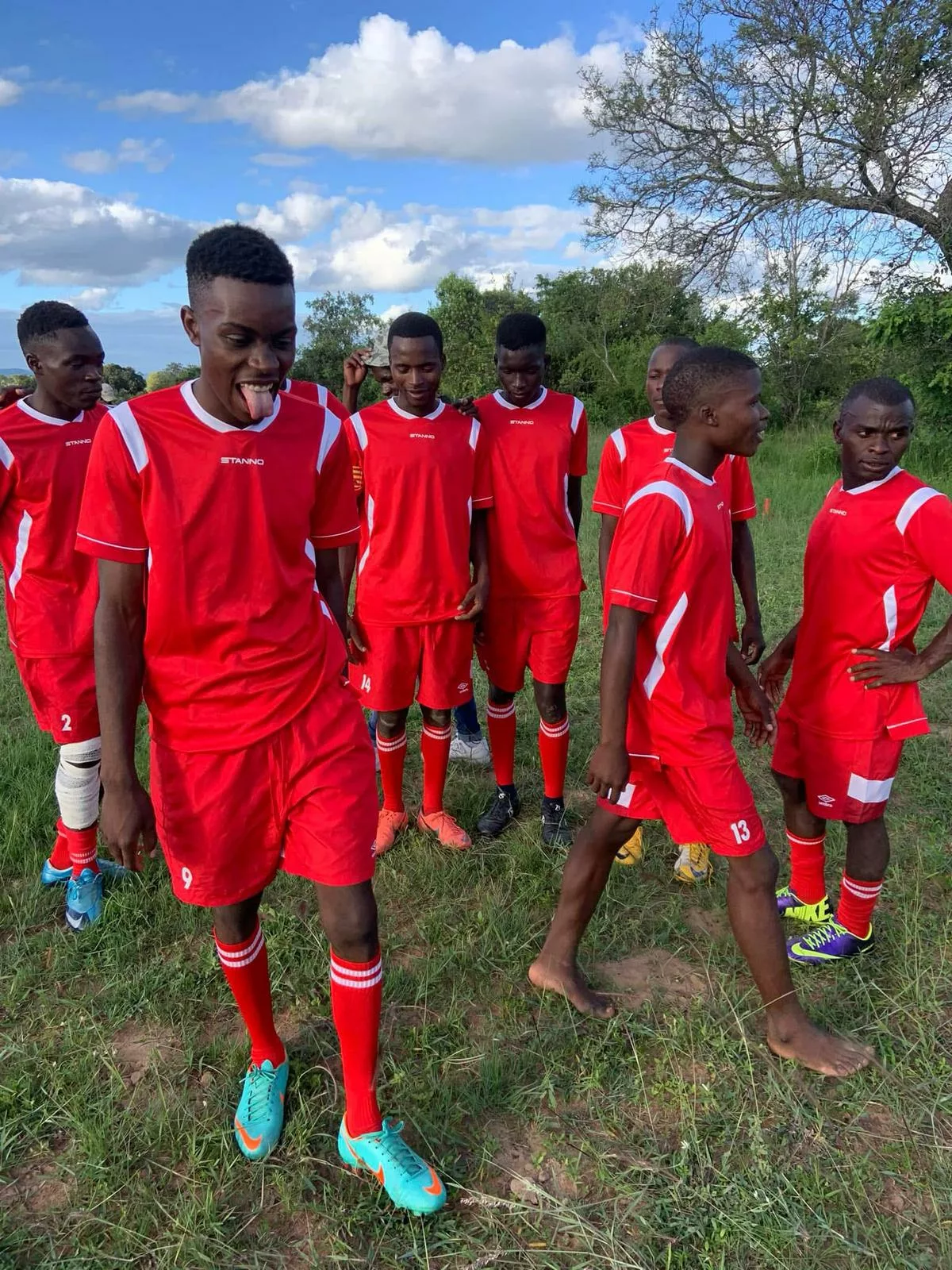|
Getting your Trinity Audio player ready...
|
By Lloyd Rabaya
Growing up in rural Gutu, in a family of six, flying to Brazil for the 2016 Rio Olympics was more than a dream come true for Felistas ‘Figo’ Muzongondi, who only saw that in her wildest dreams.
Managing to qualify for the global tournament, of course with a stroke of fortune, was testimony that dreams were definitely coming true for the rural girl.
As the sun shone from the Amazon horizon, Figo reminisced back to 1999 in Gutu playing football for the first time at Ndarama High School, where she did her secondary education.
Of both her parents, who last witnessed their daughter play amateur football, only her mother cheered the moment she got onto the pitch. Like many African or rather Zimbabwean parents, Figo’s father only wanted her to focus on her studies as he said football was a distraction to her education.
Born in 1986, Figo’s first appearance for the country was in 2006, and ten years later was part of the squad that participated in the Rio Olympics in 2016.
Despite the Mighty Warriors qualifying for the Olympics, something which the males are yet to taste, they are still not yet being supported and recognized as much as the males.
The team was the first sporting team to feature at the Olympics after the Hockey Golden Girls who won gold medals at their first and last appearance at the global showcase in 1980.
“When we qualified for the Olympics in 2016, we thought that was going to change our lives but things did not go so well. Our football would have been somewhere by now but nothing really changed,” bemoaned “De Fat 1” as she is also known.
In Zimbabwe, women’s football is not really considered a profession and it is difficult for one to make a living out of it, which may be a different case for their male counterparts.
“In terms of payment, women get way less than men and this makes it difficult to depend on football for survival,” she added.
Figo is currently playing for Black Rhinos Queens.
Despite the steps being taken to improve the welfare of the Mighty Warriors, there is still a long way to go especially in terms of remuneration.
“Remember vakambodyiswa matemba (they were served kapenta fish) in camp and they would camp at ZIFA village kwavanorara vachitya nyoka (where they would be afraid to be bitten by snakes) when they had tournaments. This, without a doubt, affects their morale. Accordingly, the responsible authorities should join hands and support the Mighty Warriors,” said Lazarus Sauti, a journalist and staunch supporter of Zimbabwean football.
“My plea is for the corporate world to jump in and support the Mighty Warriors,” added Sauti.
Even at huge African tournaments, women’s football is again paid way less than the males despite Confederation of African Football (CAF) President Dr. Patrice Motsepe increasing the prize money for Africa Women’s Cup of Nations (AWCON) winners by 150% in a bid to make African women football globally competitive.
In a statement, CAF said, “In line with the new policy at CAF to make women’s football in Africa globally competitive, the president of CAF Dr. Patrice Motsepe has announced an increase of 150% in prize money for the TotalEnergies Women’s Africa Cup of Nations, Morocco 2022. The overall prize money of the competition has been increased from US$975 000 to US$2 400 000 – an increase of almost US$1.5 million.
“The president of CAF and the CAF executive committee have identified women’s football as amongst the top priorities of CAF,” read part of the statement.
The winners of the recently-ended AWCON edition, South African Banyana Banyana walked away with US$500 000. Before, the winners used to win US$200 000.
As a token of appreciation, the Banyana Banyana got a winning bonus of R10 million from the South African Football Association (SAFA) for winning the title for the first time and the President Cyril Ramaphosa promised that the female football team will receive the same allowances as their male counterparts henceforth.
The winners at the 2021 TotalEnergies Africa Cup Of Nations (AFCON) Senegal, walked away with a whooping US$5 million, as prize money with the runners-up, Egypt getting US$2.75 million.


